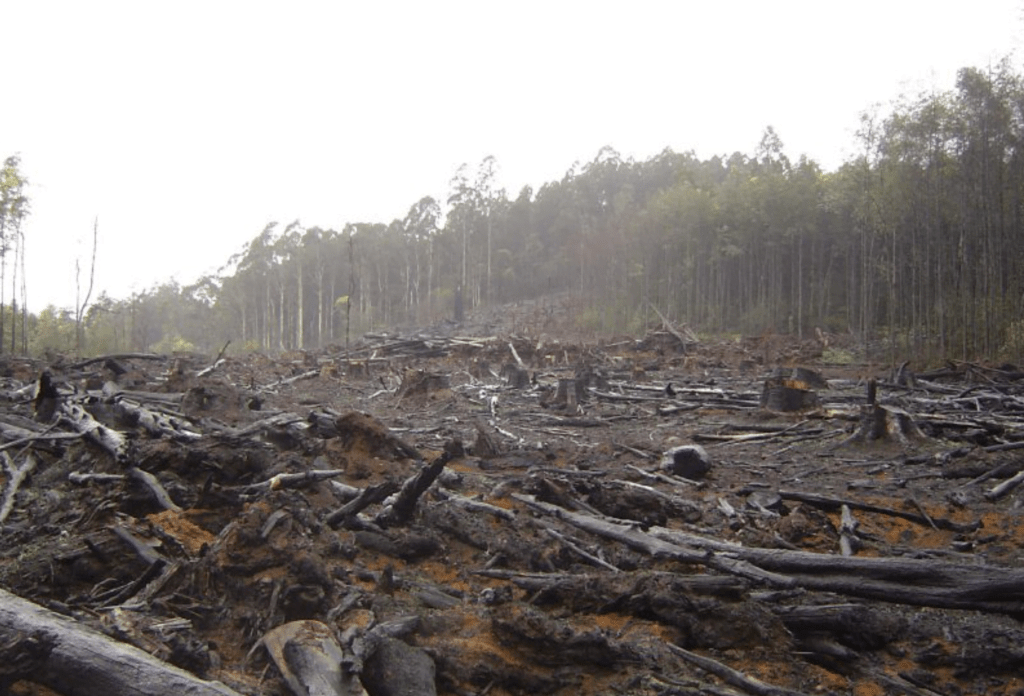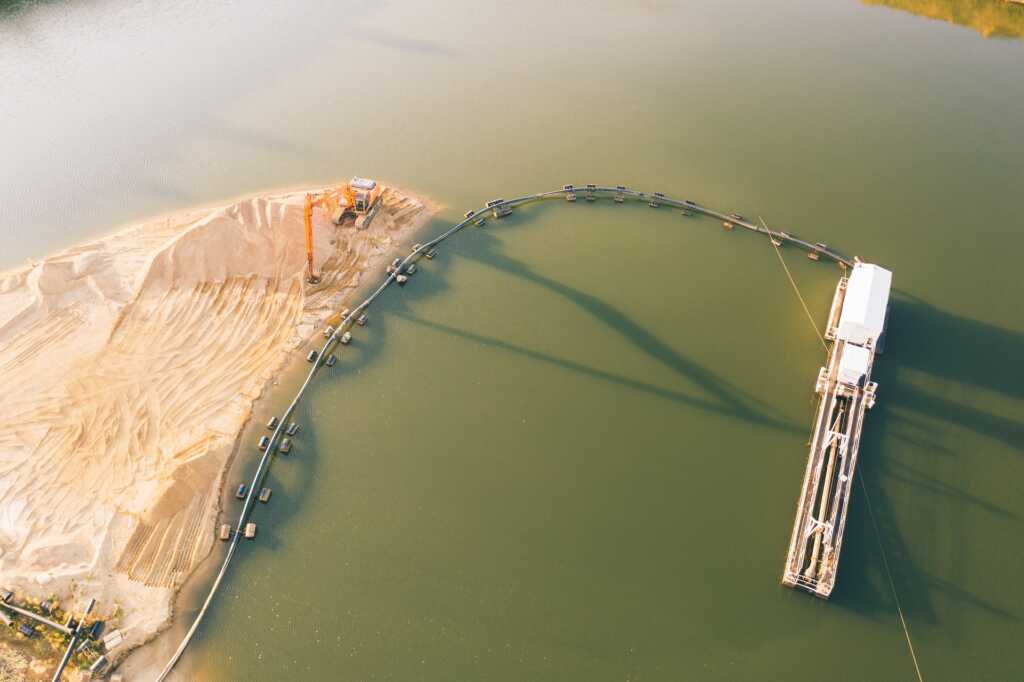For optimal viewing experience, it is recommended to access this page on a computer or large tablet.
BELLRINGERS
ESS3: Earth and Human Activity
MS ESS3-4
Factors that have Caused the Rise in Global Temperatures

Describe how Earth’s human population has changed since 10,000 BC.
Why do you think it changed the way it did?
Common Misconceptions
These misconceptions were identified by AI ChatGPT.
Drought: Drought is often thought of as a lack of precipitation, but it can also be caused by human activities such as over-extraction of groundwater, and changes in land use and land cover.
Water is a unlimited resource: Water is a finite resource and there is a limit to how much we can extract and use. Climate change and population growth are causing an increasing demand for water.

How do you think Earth looked different before people lived on it?
Describe how people have changed planet Earth.
Common Misconceptions
These misconceptions were identified by AI ChatGPT.
The misconception that human impact on the environment is a recent phenomenon. In reality, human activities have been affecting the planet for thousands of years.
The misconception that only industrialization and modern technology have significant impact on the environment. In reality, human activities such as agriculture and deforestation have had a major impact on the environment for centuries.
The misconception that environmental problems are solely caused by individuals and can be solved by individual actions. In reality, many environmental problems are caused by systemic issues such as economic and political systems, and require collective action and systemic change to address.
The misconception that environmental problems only occur in developing countries. In reality, developed countries also have significant environmental challenges, such as air and water pollution, and climate change.
The misconception that the only human impact is negative, and there is no positive human impact on the environment. In reality, human activities can also have positive impacts, such as creating and managing protected areas, and promoting sustainable development.

Over fishing refers to the removal of a species of fish (fishing) from a body of water faster than the species can replenish its population.
What do you think are some consequences of overfishing?
Common Misconceptions
These misconceptions were identified by AI ChatGPT.
The misconception that human impact on the environment is a recent phenomenon. In reality, human activities have been affecting the planet for thousands of years.
The misconception that only industrialization and modern technology have significant impact on the environment. In reality, human activities such as agriculture and deforestation have had a major impact on the environment for centuries.
The misconception that environmental problems are solely caused by individuals and can be solved by individual actions. In reality, many environmental problems are caused by systemic issues such as economic and political systems, and require collective action and systemic change to address.
The misconception that environmental problems only occur in developing countries. In reality, developed countries also have significant environmental challenges, such as air and water pollution, and climate change.
The misconception that the only human impact is negative, and there is no positive human impact on the environment. In reality, human activities can also have positive impacts, such as creating and managing protected areas, and promoting sustainable development.

Why do people cut down trees?
What are the impacts to the environment when people cut down trees?
Common Misconceptions
Deforestation only occurs in developing countries. While it is true that tropical regions such as Brazil and Indonesia have high rates of deforestation, it also occurs in developed countries like the United States and Canada.
Deforestation only affects wildlife and not people. Deforestation can have a significant impact on local communities, particularly indigenous peoples, who rely on forests for their livelihoods.
Deforestation is only caused by illegal logging. While illegal logging is a major contributor to deforestation, it is also caused by other activities such as agriculture, mining, and infrastructure development.
Deforestation is only happening in rainforests. Deforestation occurs in many different types of forests, including temperate and boreal forests.
Additional Resources
People mine the sand needed for cement from rivers.
What do people need cement for?
How do you think the sand mining affects the river ecosystem?
Common Misconceptions
The misconception that natural resources are infinite and can be used without limit. In reality, many resources, such as fossil fuels and certain minerals, are finite and will eventually run out.
The misconception that natural resources are evenly distributed around the world. In reality, certain resources are concentrated in specific geographical areas, leading to conflicts over access and control.
The misconception that all natural resources can be used for economic gain. In reality, some resources, such as biodiversity and ecosystem services, have intrinsic value that cannot be quantified in economic terms.
The misconception that technology can always provide a substitute for natural resources. In reality, some resources, such as fresh water and arable land, are essential for human survival and cannot be easily replaced by technology.
The misconception that natural resources are only important for developing countries. In reality, natural resources play a critical role in the economies and societies of all countries, and their sustainable management is crucial for global well-being.

